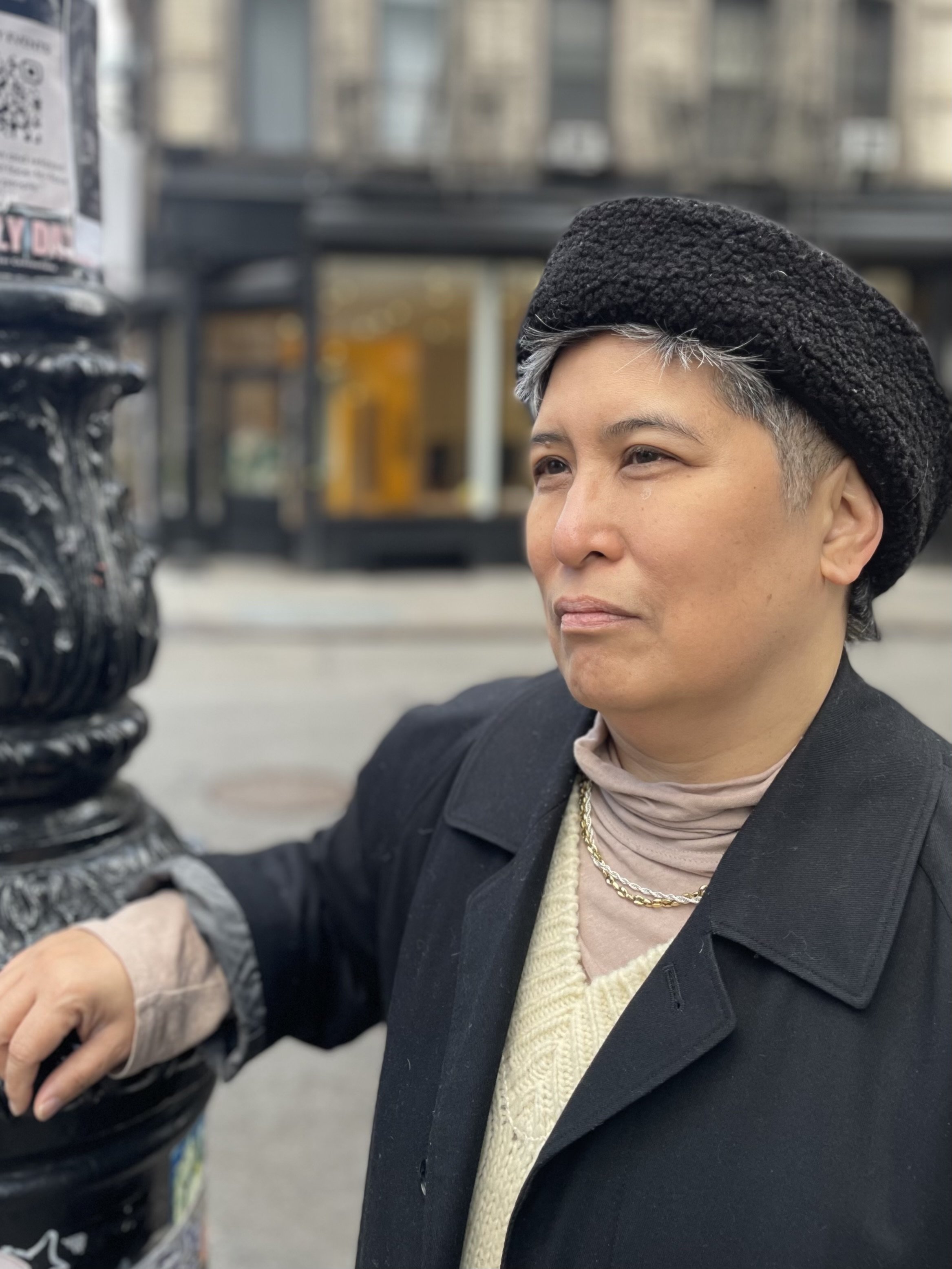“I will tell an old story of my name.” Hudson NY train station. Via Flow Chart Foundation, Create Council and Nightboat Books. Photo: Stacy Szymaszek
Photo: Stacy Szymaszek

“I will tell an old story of my name.” Hudson NY train station. Via Flow Chart Foundation, Create Council and Nightboat Books. Photo: Stacy Szymaszek

Photo: Stacy Szymaszek